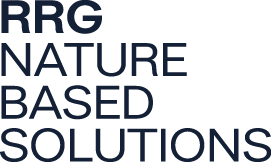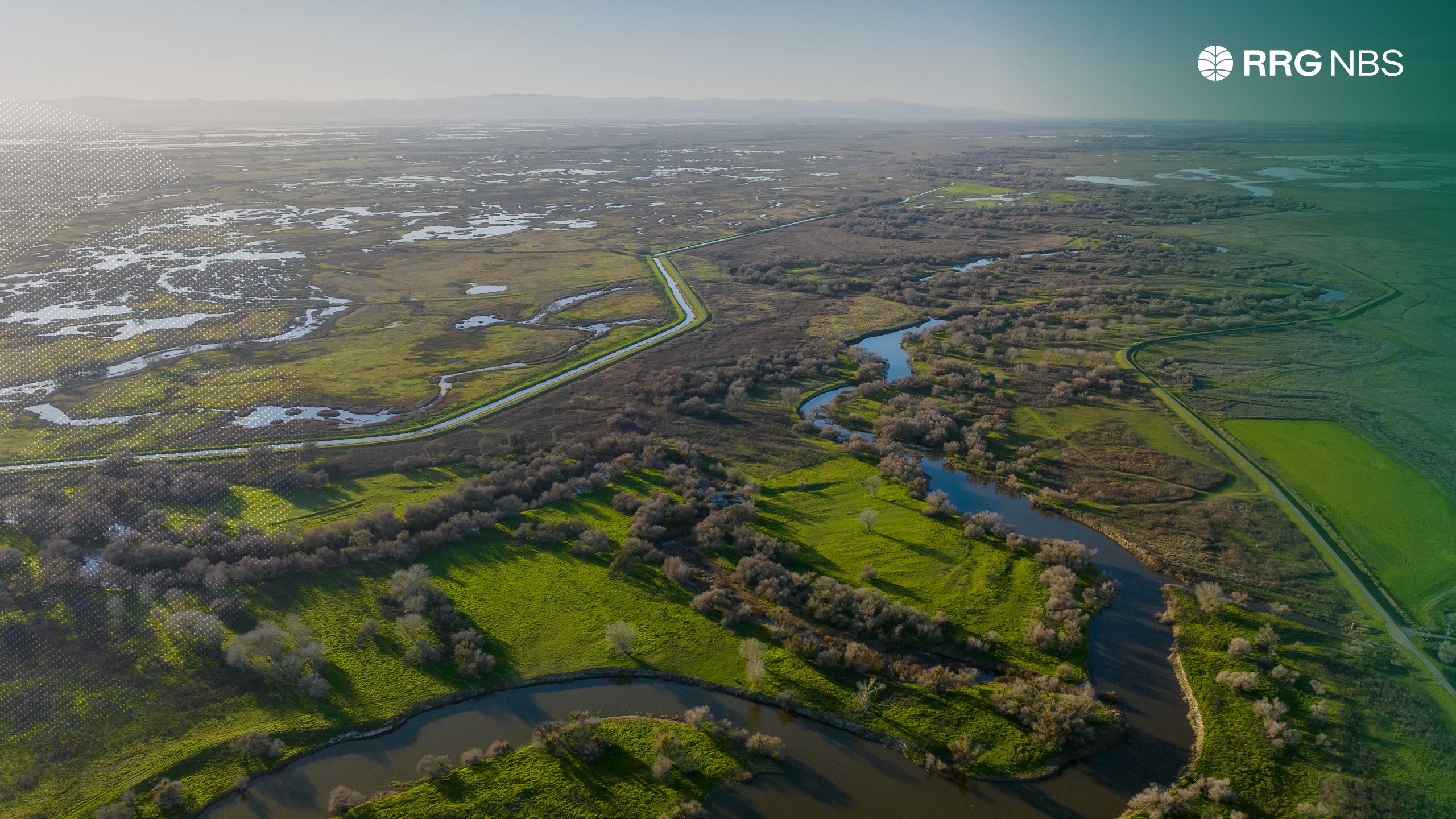This question seems to arise over and over again for many of us in this field. The risks associated with the current conventional, exploitative, and unsustainable food and agricultural system are evident. And the benefits of regenerative agriculture – to everyone who eats, farms, and lives on this earth – are multiple and have been widely demonstrated. So what’s the primary obstacle to change?
Many think it is lack of capital. The argument is that more transition financing from investors and consumer packaged goods companies (CPGs) is needed to significantly accelerate the paradigm shift. However, while money remains a key element – and more is certainly needed – those of us in the space are already seeing significant and accelerating capital availability for regenerative investments and products, as well as growing pools of potential projects. In reality, the greater obstacle is often that CPGs and capital allocators are unable to determine what constitutes a “good” regenerative investment worth pursuing.
Others say technology is our most limiting factor – that we lack sufficient sensors, imagery analysis, understanding of the soil microbiome, and more. These are, and will continue to be, indispensable tools for the wide-scale adoption of regenerative practices across the globe. However, there has been significant progress in this sector too. In fact, it can sometimes seem that there are ten startups tackling every technological barrier impeding regenerative agriculture. And often the technological solutions required for regenerative agriculture already exist; they simply haven’t been adopted in the agricultural sector yet.
No, in my experience, the answer isn’t found in high finance or big tech – but in education, plain and simple. We must enable people across the value chain to identify the flaws inherent in our current global food system and understand its shortcomings. That, in turn, will enable deep collaboration between all stakeholders to achieve the whole-system solutions needed.
We need to support farmers, first and foremost, as they investigate regenerative principles and practices, their claims and aims, and intelligent frameworks for implementation. Growers know, better than anyone, their land, their crops, and the challenges presented by existing production systems. They are well-equipped to develop the deeper understanding of ecosystems, soils, and biodiversity that will allow them – on a farm-by-farm basis – to determine what practices make sense for them. This is as true for the smallholder farmer as it is for the largest agricultural corporations in the world.
But growers cannot and should not bear the burden of learning and change alone. Every link of our global food supply chain must invest in the education necessary to change the system’s foundation.
Education will allow investors to understand that regenerative agriculture is not concessionary, that its investment cycle times are different than but not inferior to those of conventional ag investments, and that it is a better investment environmentally, socially, and economically than conventional agriculture.
Education will empower consumers to exercise their buying power to drive the impacts they want – to promote better taste, better nutrition, safer foods, better farmer livelihoods, and the like. It will equip them to cut through sweet-sounding claims and appealing marketing slogans to find and understand important production information that is based in facts and reality.
Education will equip CPGs to transform their supply chains, build resilience against climate and market forces, and turn promises and pledges into tangible, traceable results that can earn consumer confidence and foster long-lasting marketplace relationships.
Education will enable ag tech companies to build the most relevant solutions for our food system’s most pressing problems.
And, of course, education will help schools and universities produce the next generation of agronomists, managers, marketers, and investors – who will come to know regenerative agriculture as the norm, and extractive agriculture as part of history books.
All of this takes time, of course. Time from each of us working in this field. As individuals, we have to be willing to share the lessons we’ve learned along our own regenerative journeys – in ways large and small. Personally, I like to block off time on the calendar each week for some sort of “regenerative evangelism.” (Email me, and I’ll tell you everything I know about the nuances of agroforestry across different Central and South American contexts, for example. Or the interplay between water management, carbon reduction, and biodiversity.)
Equally important, we need to support the talented communicators in our movement who are demonstrating effective ways to reach and educate on a broader scale. To that end, here’s my personal shortlist of educational resources:
Soil Health Academy’s Regen Ag 101 Course
Understanding Ag’s Resource Page
Understanding Ag’s Adaptive Grazing Course
Investing in Regenerative Agriculture Podcast
Your Path Forward in Regenerative Food and Agriculture Course
John Kempf’s Regenerative Agriculture Podcast
Regeneration International’s Booklist and other resources
And there are many, many more resources. Please share your recommendations, and I’ll add them to the list. Again, all of these efforts will require time and perseverance to bear fruit. Ultimately, the paradigm will shift, and it will likely resemble the transition from night-time to daylight: We might not be able to pinpoint the exact moment of change; but afterwards we will certainly recognize the magnitude of the transformation that has occurred – and the possibilities that lie ahead.





